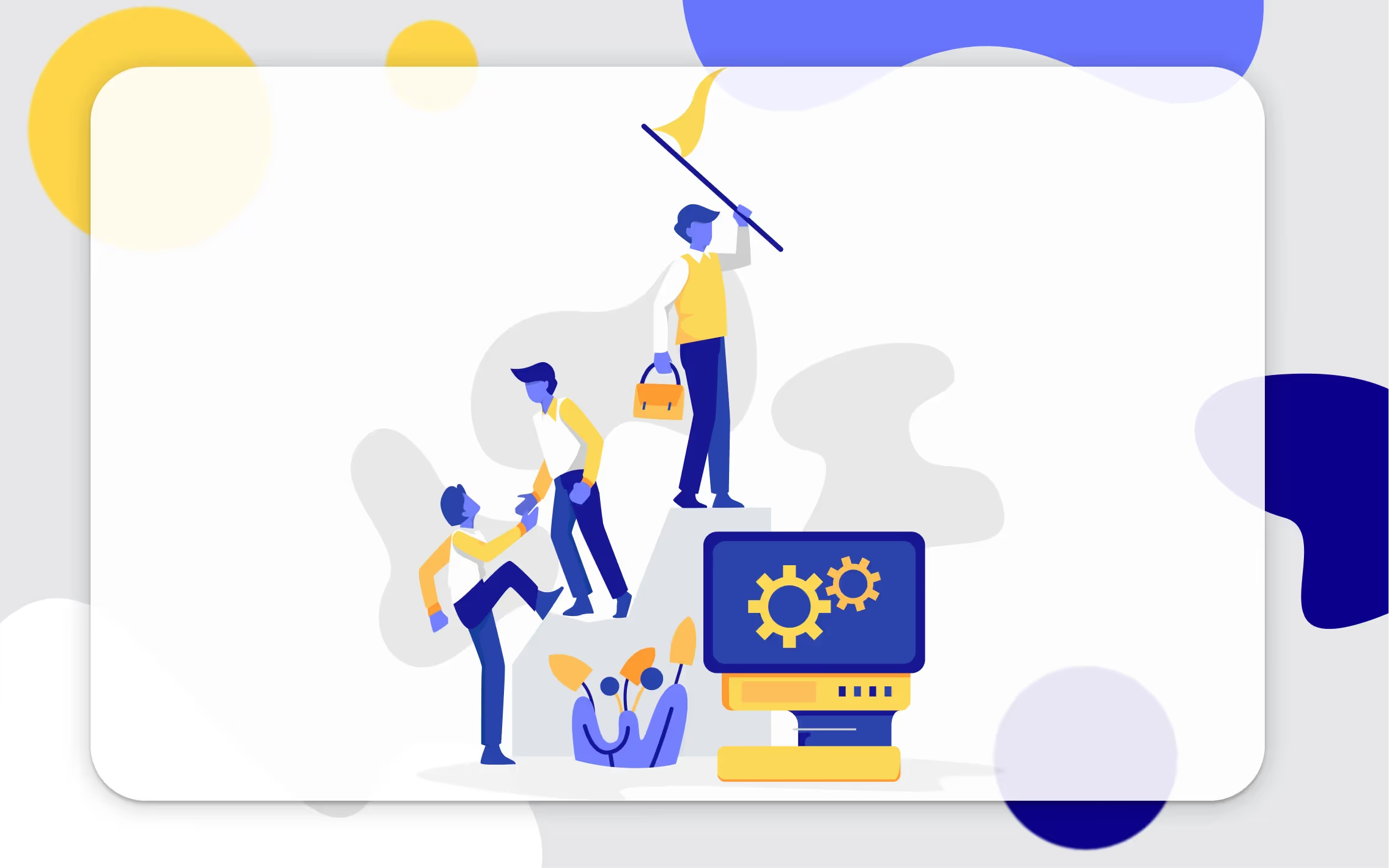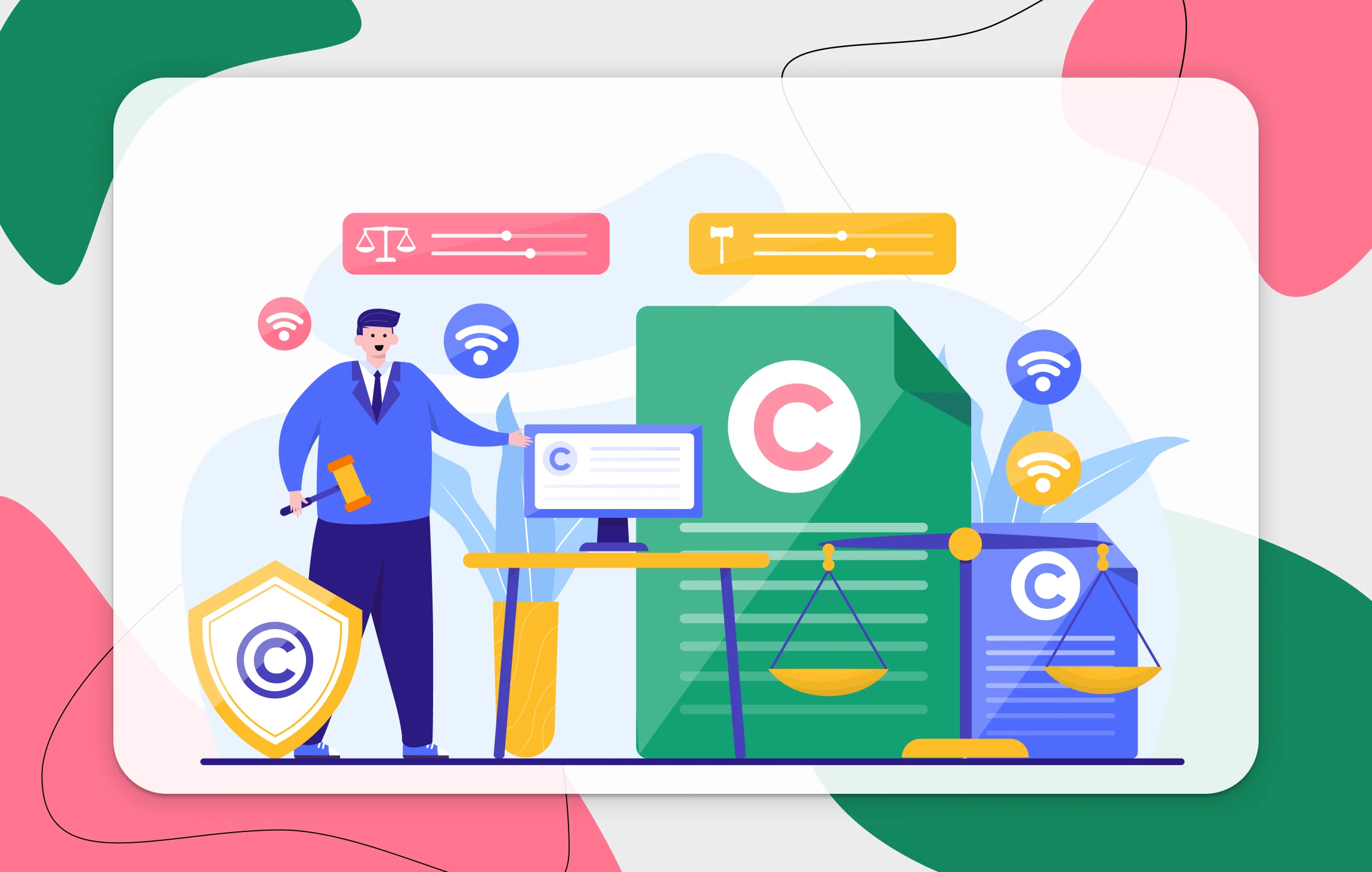Why appointment scheduling apps are a game-changer: a comprehensive look

Remember the chaos of managing appointments with a paper calendar or basic digital tools? The constant fear of double-booking, the frantic last-minute changes, and the endless back-and-forth with clients? Appointment scheduling apps have emerged as a solution to these age-old problems, transforming the way businesses and individuals manage their time. Let’s explore why these modern tools are leaving traditional offline calendars in the dust.
#1 Accessibility and Convenience
Accessibility from Multiple Devices
Imagine being at a networking event or a marketing conference, and someone asks for a meeting. With scheduling apps, you can pull out your phone and book it right there. No need to wait until you’re back at your desk. Whether you’re using a smartphone, tablet, or computer, your schedule is always accessible, making life more flexible and responsive.
Real-Time Updates
Ever had a client call to reschedule, only to realize you’ve double-booked? Scheduling apps update in real-time, preventing such mishaps. For example, if you run a salon and a stylist’s slot gets filled online, it’s instantly blocked off to other clients. This synchronization ensures everyone is on the same page.
Ease of Use
Scheduling apps are designed with user experience in mind. For instance, a yoga instructor can easily set up recurring classes, allow students to choose their spots, and even integrate video links for virtual sessions. You can easly create videos using free video maker tools or enlisting the help of a video production agency. The intuitive interfaces make managing appointments a breeze, even for those who aren’t tech-savvy.
#2 Integration and Automation
Integration with Other Tools
Scheduling apps can integrate with tools like Google Calendar, Outlook, CRM systems, and project management platforms. A sales rep can link appointments with client records, ensuring all information is in one place. This seamless integration streamlines processes and keeps everything organized.
Automated Reminders
Missed appointments can be costly. Scheduling apps send automated reminders via email or SMS (just make sure to avoid fake emails). A dental clinic, for example, can set reminders for patients’ regular check-ups, reducing no-shows and enhancing patient care.
An AI writer like this one can greatly impact automated reminders by generating informative and personalized content. With their ability to analyze data and use natural language processing, they ensure concise yet comprehensive reminders that improve communication and efficiency.
Time Zone Adjustments
If you’re a consultant working with international clients, scheduling across time zones can be a nightmare. Scheduling apps automatically adjust for time differences, allowing clients to book in their local time. This eliminates confusion and fosters a global reach.
#3 Collaboration and Coordination
Shared Access
In a busy law firm with multiple attorneys, shared access to calendars ensures smooth coordination. Assistants can manage appointments, and colleagues can view each other’s availability, fostering collaboration and preventing conflicts.
Team Collaboration
For a marketing agency working on a project such as providing SEO services for B2B SaaS, team members can coordinate tasks, deadlines, and meetings through a scheduling app is crucial for streamlined agency operations. This central hub enhances communication and ensures everyone knows their responsibilities. Incorporating a b2b seo service into your strategy can further amplify client acquisition and retention, especially when aligned with insights gathered through appointment interactions and feedback.
Client Interaction
A personal trainer can allow clients to book sessions, choose workout plans, and even make payments through a scheduling app. This self-service option enhances the client experience and reduces administrative workload.
#4 Customization and Scalability
Personalized Settings
Every business has unique needs. A spa can customize booking forms to include preferences like therapist gender or add-on services. These personalized settings enhance the customer experience and streamline operations.
Scalability for Business Growth
As a startup grows, so do scheduling complexities. Scheduling apps can adapt, accommodating new team members, locations, or services. This scalability ensures that the tool grows with the business, never becoming a bottleneck.
Adaptation to Various Industries
Different industries have specific requirements. A healthcare provider can include features like insurance verification, while a school can manage parent-teacher conferences. These specialized features make scheduling apps versatile across sectors.
#5 Security and Compliance
Data Protection
In an era of cyber threats, scheduling apps prioritize security. Encrypted data, secure login, and regular audits protect sensitive information, giving both businesses and clients peace of mind.
Compliance with Regulations
For industries with strict regulations, like healthcare, scheduling apps ensure compliance with laws such as HIPAA. This built-in adherence takes the burden off providers and ensures legal integrity.
Backup and Recovery
Imagine losing your entire schedule due to a system crash. With scheduling apps, data is regularly backed up and recoverable. This safety net ensures continuity and protects against unforeseen mishaps.
#6 Cost-Effectiveness and Efficiency
Reduction in Administrative Tasks
A small clinic can save hours of administrative time by allowing patients to book and reschedule appointments online. This efficiency allows staff to focus on patient care rather than juggling phone calls.
Cost-Effective Solutions
Compared to hiring additional administrative staff or dealing with the consequences of scheduling errors, apps offer a cost-effective solution. The investment quickly pays off through saved time, reduced errors, and enhanced client satisfaction.
Enhanced Productivity
A freelance designer can integrate a scheduling app into their website, allowing clients to book consultations directly. This automation frees up time for creative work, enhancing overall productivity and satisfaction.
Conclusion
Appointment scheduling apps are not just a trend; they’re a fundamental shift in how we manage our time and interact with clients and colleagues. From solo entrepreneurs to large corporations, these tools offer advantages that traditional offline calendars simply can’t match. They bring convenience, integration, personalization, security, and efficiency to a whole new level. If you’re still clinging to old-school scheduling methods, it’s time to explore the world of scheduling apps. Embrace the future, and you’ll soon wonder how you ever managed without it.






